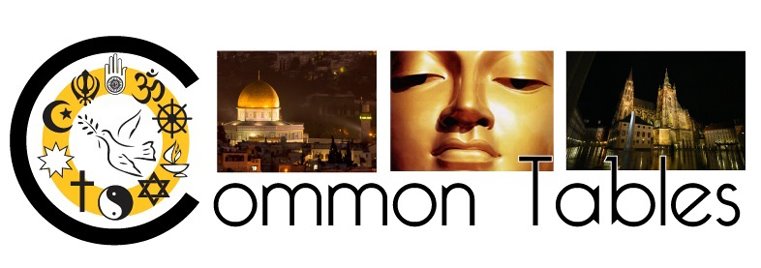
I sit here with my copy of
The Gospel of Inclusion beside the keyboard. Inside
Bishop Carlton Pearson has written:
"To Common Tables. What a fantastic and radically indlusive idea! Peace is Possible!" Combine Bishop Pearson's wonderful endorsement of Common Tables with my own personal belief that he is truly one of the great men of our time and I am left with the knowing that I really can't do a non-biased review of his book. Instead, I will share with you comments from others:
"A refreshing look at a religion that is at the center of the current International conflict. I salute Bishop Pearson for having taken a bold step in the right direction. A book for all sane people to read and digest. Gripping and outstanding!!"
Arun Gandhi, President of the Mahatma K. Ghandi Institute for Nonviolence
"Carlton Pearson's book, The Gospel of Inclusion presents a powerful new voice that is emerging in Pentecostal circles. The God Bishop Pearson is serving is a God of love not judgment, a God of universalism not sectarianism, a God of expansion not control. It is intriguing, provocative and hopeful, a surprising twist in our ancient faith story."
John Shelby Spong, author of Why Christianity Must Change or Die and The Sins of Scripture: Exposing the Bible's Tenor of Hate to Reveal the God of Love
"I love the spirit of Bishop Carlton Pearson's book, The Gospel of Inclusion. It arrives to a generation whose fear of deception is often greater than its faith...Bishop Pearson has nailed a thesis to our church door and demanded reformation. He comes with the spirit of Elijah and the courage of John the Baptist and Paul the Apostle."
Dr. Mark Hanby, Mark Hanby Ministries
"If you are ready to meet God, read my friend Bishop Carlton's wisely, insightful and instantly life changing book. You will be stimulated to share these ideas with all that you love. I did, and I am glad I did."
Mark Victor Hansen, author of Chicken Soup for the Soul
5 Stars!
Original Release Date: April 30, 2007
Length: 245 Pages




